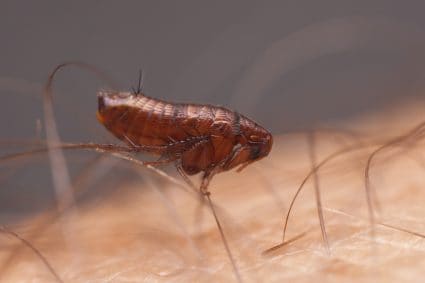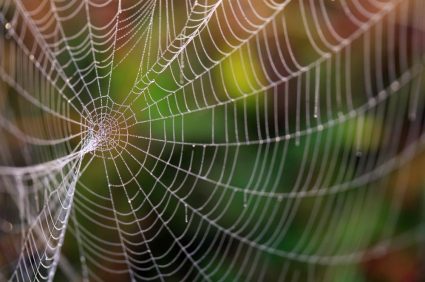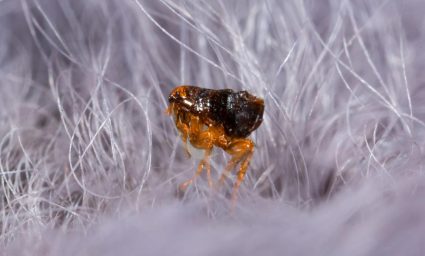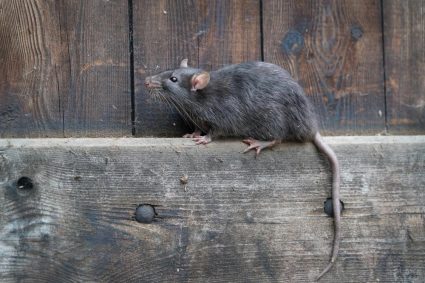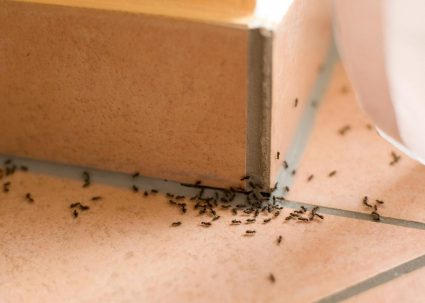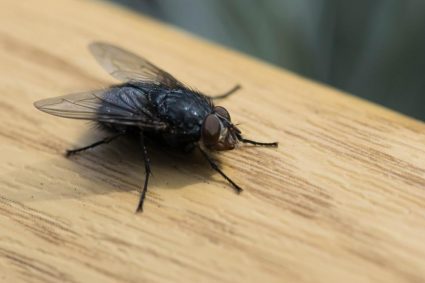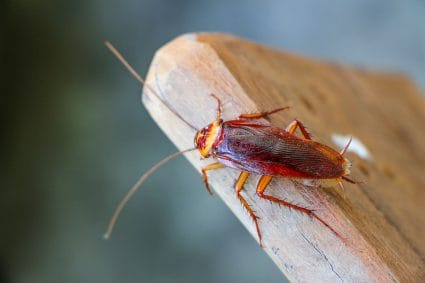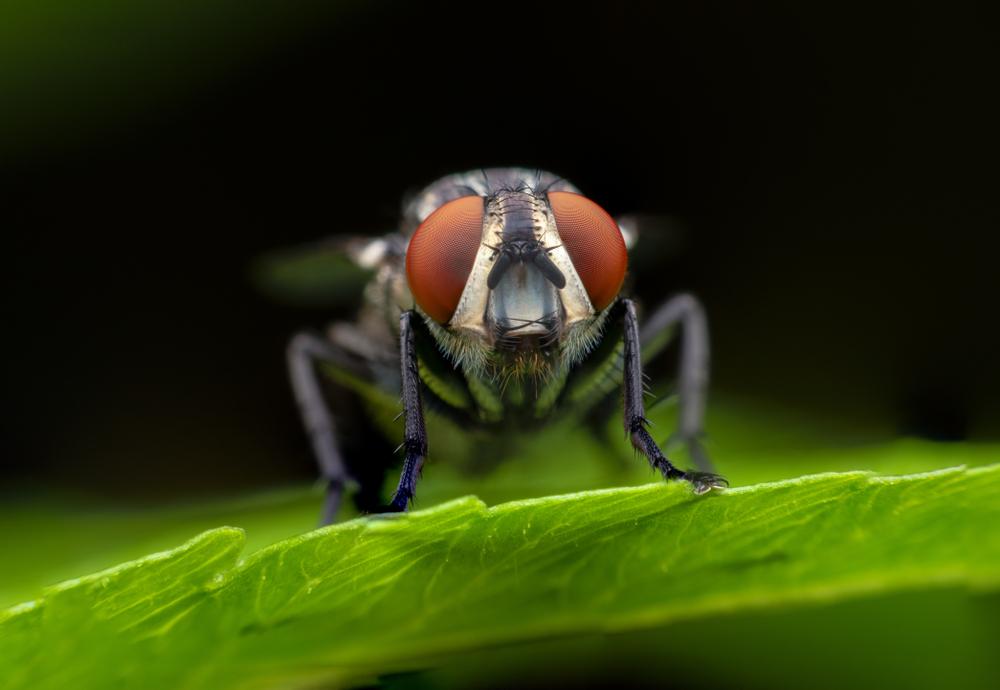
Maggots are not a sight anyone wishes to encounter, whether indoors or outdoors. The mere sight of these squirming larvae is enough to make most people cringe. However, beyond the yuck factor, maggots can also pose a health risk, carrying bacteria and other harmful organisms. As such, it is essential to know how to keep these unwelcome guests away from your home and surroundings. This comprehensive guide will walk you through the steps you need to take to prevent a maggot infestation, the common mistakes to avoid, and the best products to use.
To keep maggots away, maintain cleanliness in your home and surroundings, dispose of food waste properly, and seal potential entry points for flies. Use effective methods like boiling water, salt, vinegar solution, or diatomaceous earth to eliminate existing infestations. For prevention, consider using products like insecticides and preventive insecticides. Also, remember to address environmental factors that may contribute to infestations.
What Causes a Maggot Infestation?
Maggot infestations typically occur due to the presence of rotting food, filth, or other organic matter that attracts flies. Flies are drawn to these materials and lay their eggs on them. When these eggs hatch, they turn into maggots. Some common causes include spoiled food, poor sanitation, open wounds or sores, and accidental ingestion of fly eggs or existing maggots.
Identifying a Maggot Infestation
Early detection can make a significant difference in managing a maggot infestation. Look out for a strong, unpleasant odor, the presence of maggots in or around trash cans, pet food bowls, and other food sources, maggots crawling on floors, and maggots found on pets, particularly in wounds or beneath the skin.
Effective and Safe Methods to Eliminate Maggots
Here are some proven methods to eliminate existing maggot infestations:
- Cleanliness: Keep your home, garden, and driveway clean and ensure bins are regularly emptied.
- Boiling water: Pour boiling water onto the maggots to kill them instantly.
- Salt: Sprinkle salt over the infested area to dehydrate and kill the maggots.
- Diatomaceous earth: Spread diatomaceous earth over the infested area.
- Vinegar solution: Mix one part vinegar to three parts boiling water and pour it over the maggots.
- Bleach and water mixture: Mix equal parts bleach and water and pour it onto the maggots.
- Steam cleaning: Steam clean carpets and other areas of your home.
Remember to dispose of dead maggots and any used materials in a sealed container or bag to prevent further infestations.
Proactive Measures to Prevent Maggot Infestations
To avoid having to deal with maggots, proactive prevention measures are crucial:
- Maintain cleanliness: Regularly clean surfaces, floors, and countertops with antibacterial cleaners.
- Store food properly: Keep all food in airtight containers and dispose of food scraps and waste materials in tightly sealed bags.
- Manage trash: Regularly take out the trash and clean trash cans.
- Use heavy-duty garbage bags: Purchase heavy-duty garbage bags that won’t leak.
- Dispose of meat scraps wisely: Wait until right before your trash pickup day to throw away meat scraps.
- Keep pet food covered: Cover pet food dishes when not in use and promptly dispose of any leftovers.
- Seal entry points: Keep windows and doors closed or screened to prevent flies from entering your home.
Effective Products and Tools
Several products and tools can be effective in keeping maggots away or eliminating them. These include insecticides, diatomaceous earth, salt, boiling water, vinegar solution, citrus juice or lime juice, biological control agents, and preventive insecticides.
Common Mistakes to Avoid
When trying to prevent or treat a maggot infestation, avoid these common mistakes:
- Not addressing the root cause
- Using inappropriate home remedies
- Not maintaining cleanliness
- Ignoring outdoor areas
- Not controlling flies
- Inadequate prevention measures
The Role of Environmental Changes
Changes in the environment or weather conditions can significantly affect the likelihood of a maggot infestation. Warm temperatures, high humidity, and unsanitary conditions can increase the likelihood of a maggot infestation.
Eco-friendly Methods for Maggot Prevention and Treatment
For those who prefer non-toxic and eco-friendly methods, consider using diatomaceous earth, vinegar solution, salt, boiling water, aromatic herbs and flowering plants, lime juice and salt, cleanliness, and flypaper and bug zappers.
By following these comprehensive steps, maintaining cleanliness, and using the right products, you can keep your home maggot-free. Remember, an ounce of prevention is worth a pound of cure!
Frequently Asked Questions
What are maggots exactly?
Maggots are the larval stage of flies. They hatch from eggs laid by adult flies, typically on organic material such as rotting food or other decaying matter.
Can maggots cause harm to humans or pets?
While maggots are generally not directly harmful to humans or pets, they can carry bacteria and other harmful organisms that can cause infections, especially if they come into contact with open wounds.
What does a maggot infestation look like?
A maggot infestation often presents as a cluster of small, white, worm-like creatures squirming together. They are typically found in or around trash cans, pet food bowls, and other food sources.
How long does it take for fly eggs to hatch into maggots?
The time it takes for fly eggs to hatch into maggots can vary depending on the species and conditions, but it typically takes about a day.
Can maggots infest a clean house?
While maggots are more likely to infest areas with poor sanitation, they can also infest clean houses if flies are able to lay eggs on food or other organic material.
Are there professional services to deal with maggot infestations?
Yes, there are professional pest control services that can effectively deal with maggot infestations. They have the experience and tools to treat the infestation and provide advice on how to prevent future infestations.
Are there any natural predators of maggots?
Yes, there are several natural predators of maggots, including birds, beetles, and certain types of wasps. These predators can help to control maggot populations in outdoor environments.
How long does it take to get rid of a maggot infestation?
The time it takes to get rid of a maggot infestation can vary depending on the size of the infestation and the methods used, but with thorough cleaning and treatment, most infestations can be eliminated within a few days.

